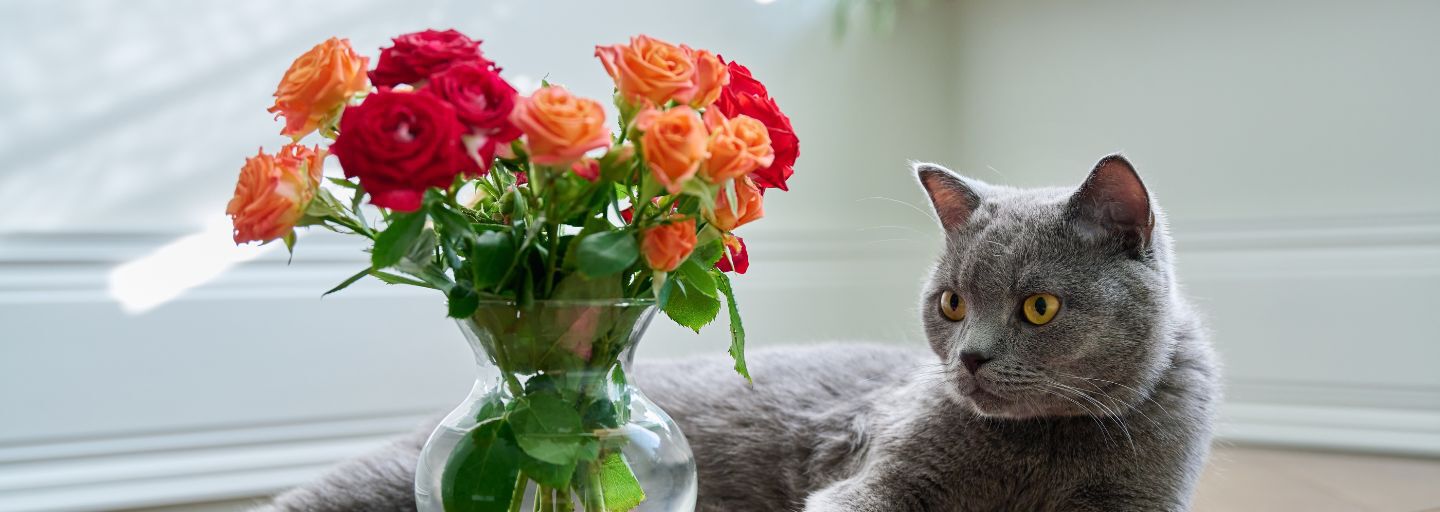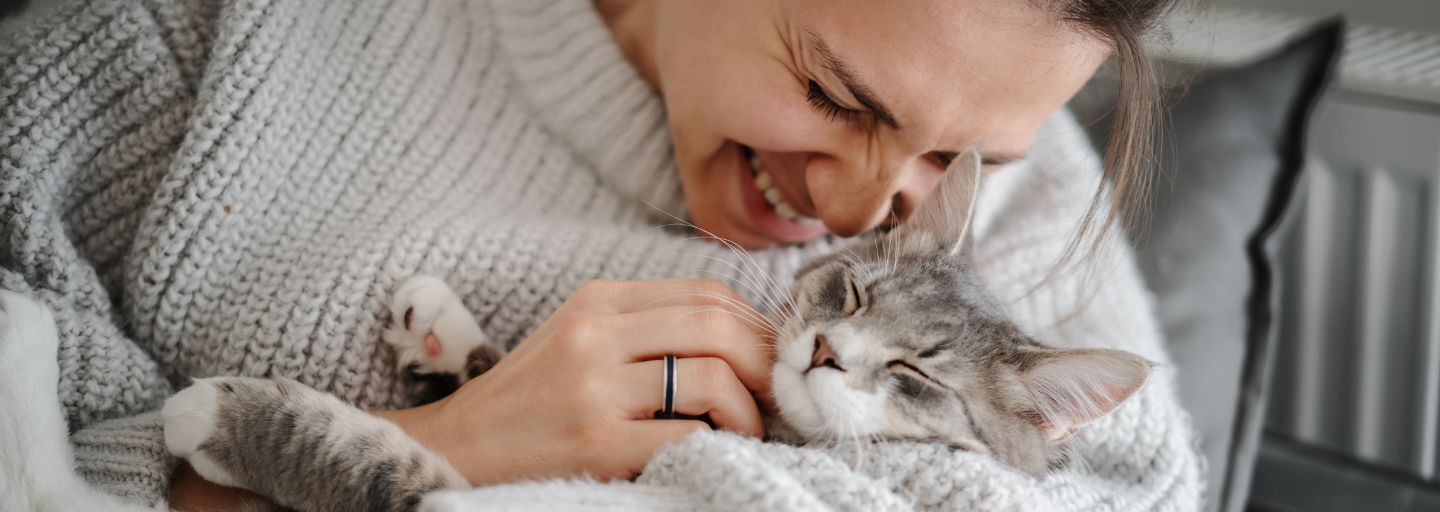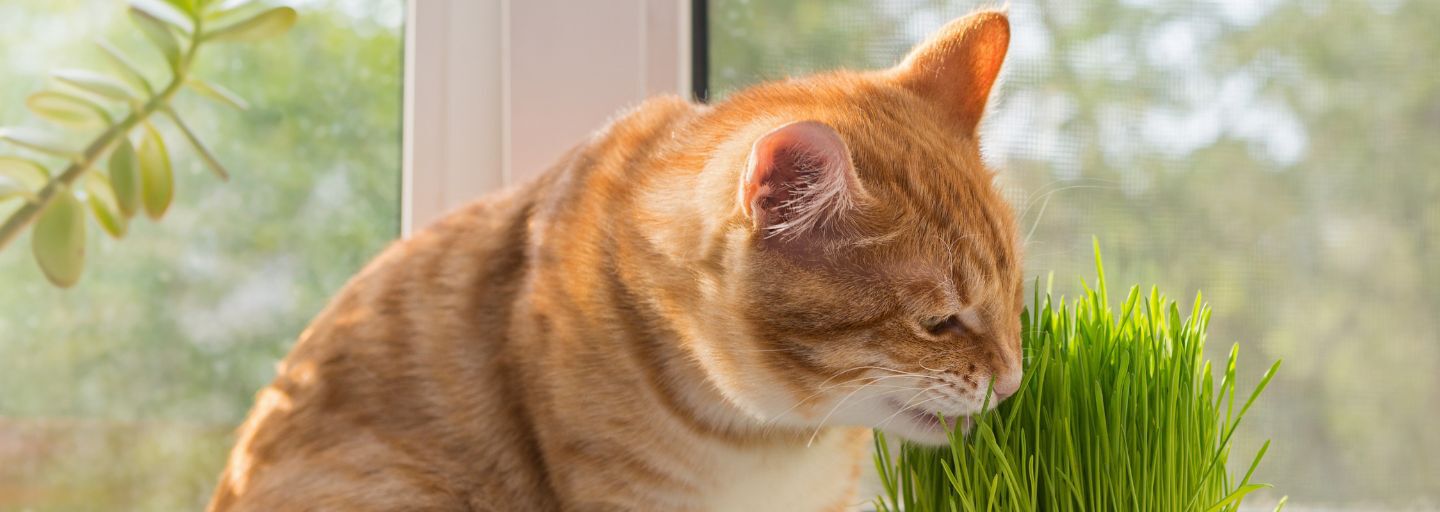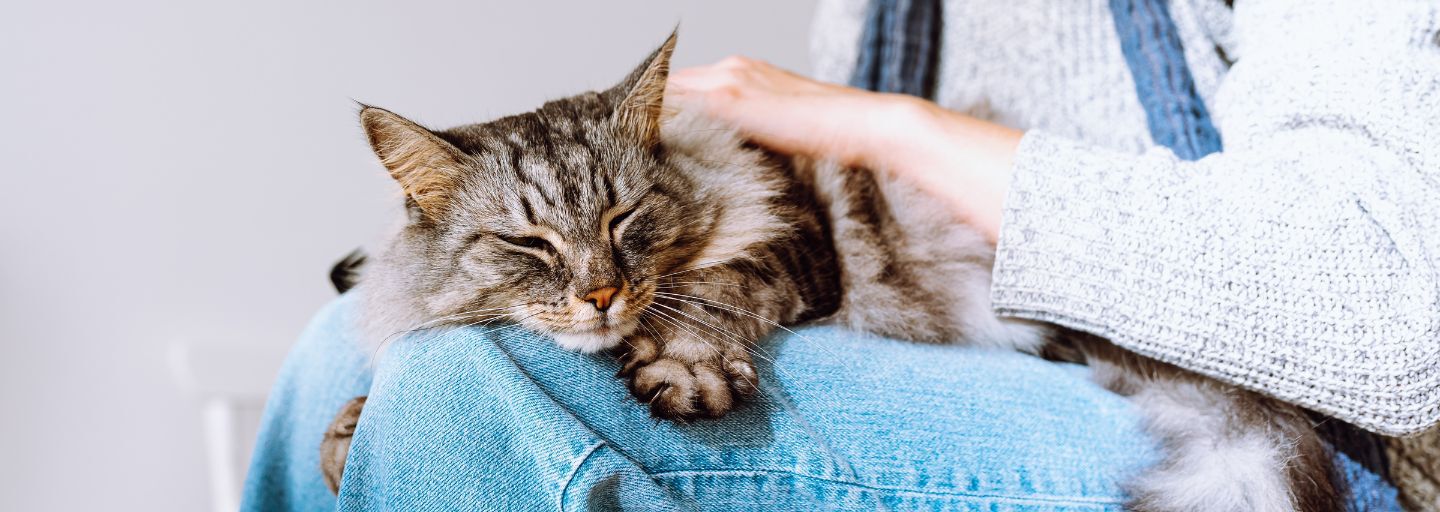Are you looking for ways to ensure the well-being of both your plant collection and your beloved feline companion? Rest assured, it is entirely possible to keep them both happy and thriving.
Cats have a natural inclination to explore and interact with plants, both indoors and outdoors. They are particularly curious when you introduce a new plant into their environment. However, it can be challenging to prevent them from nibbling on everything, including potentially toxic plants. Ingesting toxic plants can pose serious health risks to your cat. Therefore, it is crucial to be aware of the plants that are harmful to felines.
If your cat manages to eat or even lick part of a plant that you are unsure about, it is essential to take immediate action. Contacting your veterinarian right away is the best course of action to seek appropriate advice. Your vet will be able to provide guidance on how to handle the situation and ensure the safety of your cat.
To create a safe environment for both your cat and your plants, consider implementing a few preventive measures. Start by identifying and removing any toxic plants from your home or keeping them out of your cat's reach. This will significantly reduce the risk of accidental ingestion. Additionally, you can provide alternative options for your cat to satisfy their natural instincts, such as cat-friendly plants like catnip or cat grass.
In order to discourage your cat from munching on your plants, you can employ various strategies. Placing deterrents, such as aluminum foil or double-sided tape, around the base of your plants can help deter your cat from approaching them. You can also try using natural deterrent sprays that are safe for both cats and plants. Regularly inspecting your plants for any signs of damage or wilting will allow you to address any potential issues promptly.
Remember, the well-being of your cat should always be a top priority. If you notice any changes in your cat's behavior or suspect that they have ingested a toxic plant, do not hesitate to seek professional advice from your veterinarian. They are the best resource to provide tailored guidance and ensure the health and happiness of your cat and your plant collection.
It's important to note that while the plants listed here are non-toxic, they can still cause a stomach upset if eaten by your cat, leading to symptoms like diarrhea and vomiting. To ensure your cat's well-being, we strongly recommend keeping all plants (except catnip, cat mint, etc.) out of their reach to prevent any curious nibbles. By taking this precaution, you can minimise the risk of any digestive discomfort for your feline companion.
Flowering Plants:
Roses, Sunflowers, Gerberas, Orchids, Pansies, African Violets, Gerber Daisies, Snapdragons Bottlebrushes, Impatient, Jasmine, Kangaroo Paw, Stock, Statice, Wax Flowers, Asters, Freesia, Liatris, Lisianthus, Petunias, Achira, African Daisy, Limonium, Common Camellia
Ferns:
Boston Fern
Indoor Plants:
Catnip, Cat Mint, Cat Thyme, Spider Plant, Air Plants, Areca Palm, Rosemary, Venus flytrap, Swedish Ivy, Autumn Olive
Succulents:
Sweetheart hoya, Blue Echeveria



